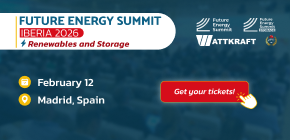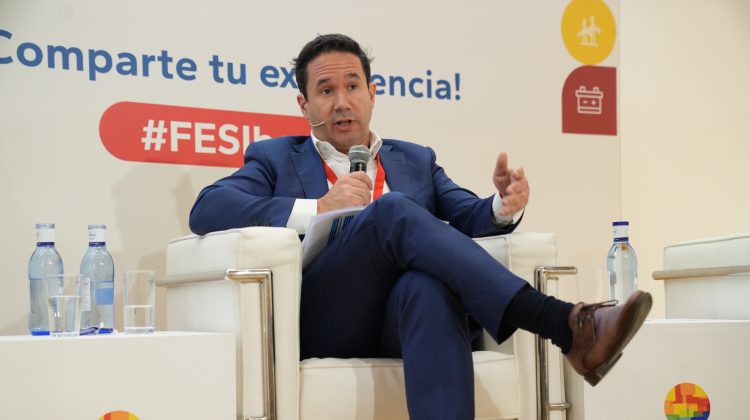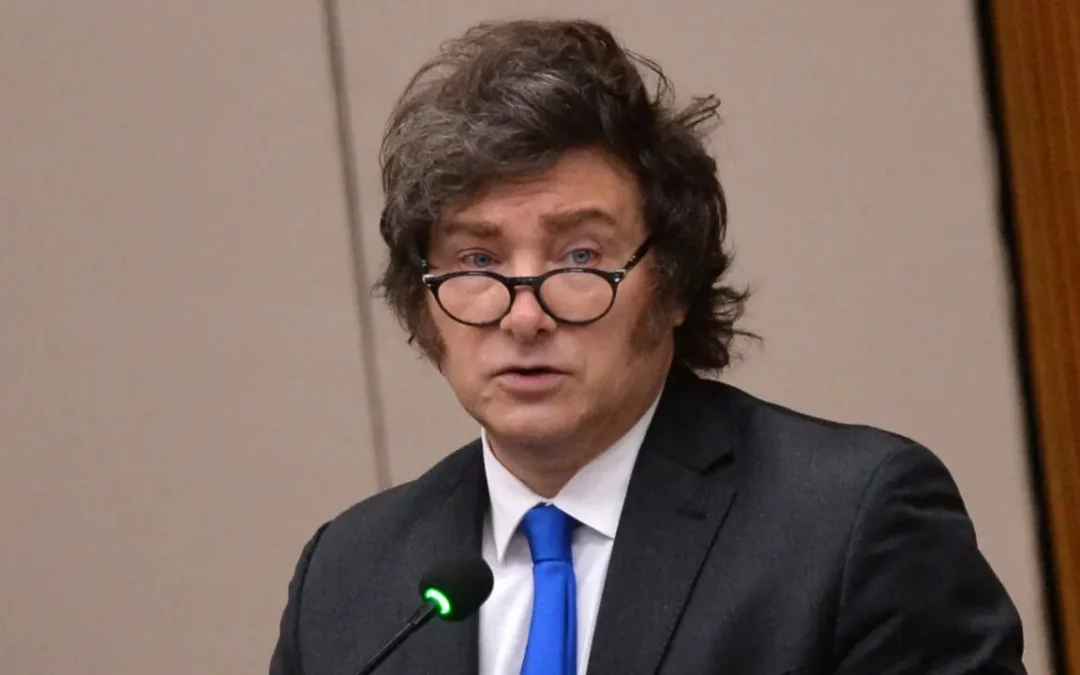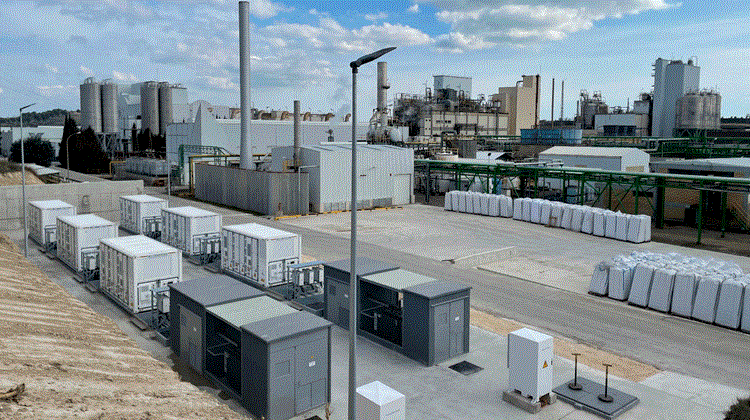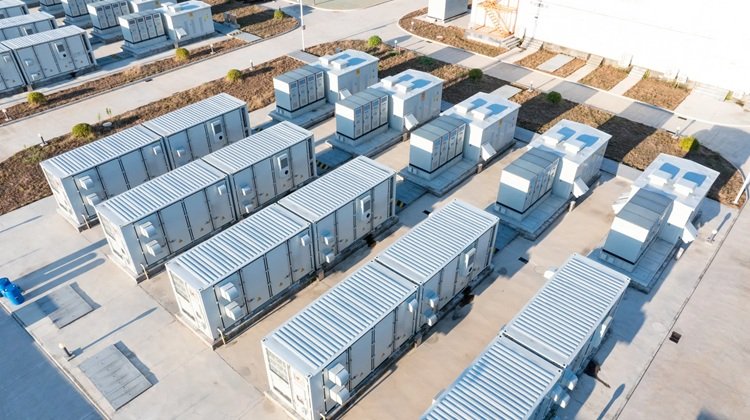Regulatory instability is currently the biggest challenge for renewable energy growth in Ibero-America. This is how Agustín de la Fuente Palomino, Director of Renewable Energy Business Development at Grupo Elecnor, described the situation during his participation in the panel “Constructive Innovation: EPC contractors, developers, and leading manufacturers driving renewable energy growth in Ibero-America” at FES Iberia 2025.
“The first thing we all need in this sector is a much clearer and longer-term regulatory framework,” states the executive.
According to De la Fuente, this situation creates a constant race and a scenario of ongoing uncertainty. He warns that the lack of predictability directly affects the renewable sector’s activities, both in planning and project execution.
Strategic collaboration between EPC contractors, developers, and manufacturers is another key factor to unlock renewable energy growth.
“The key lies in the integration and strategic collaboration of all stakeholders in the chain. Without long-term commitment throughout the project’s life cycle, it will be very difficult to accelerate processes,” asserts the Elecnor executive.
The regulatory landscape in Spain reflects these same challenges. De la Fuente insists on the need to simplify administrative procedures and listen to the demands of all involved sectors.
“Administrative procedures must finally be simplified, and the demands of all sectors need to be heard to enable developments within reasonable timelines that support viable business models,” he emphasizes.
Constructive Innovation and Market Adaptation
Elecnor is adjusting its engineering and execution models to meet the new market challenges, which are defined by cost pressures, tighter deadlines, and evolving regulatory and technical standards.
“We try to accompany the client from the very early stages of the project. We believe that is the only way we can fit into today’s projects, given how fast and dynamic the market is right now,” explains De la Fuente.
Elecnor’s approach combines local knowledge with global expertise, supported by a technical team that closely monitors market evolution and regulatory updates.
“We have a technical development and engineering team at headquarters to help optimize not only construction processes but also performance and generation, depending on what our client needs,” he adds.
Among the highlighted strategies are modularization and prefabrication of equipment, which help improve execution times and allow flexible adaptation to customer needs.
“We closely follow all regulatory updates because they are constantly changing, and staying up to date is essential,” stresses the executive.
The Opportunity of Reindustrialization
De la Fuente also reflects on the future of Europe and Spain in the context of expanding renewable generation capacity. He calls for a focus on boosting demand and fostering a model that not only exports energy but also drives local reindustrialization.
“We are heading towards much more generation capacity than current demand. Perhaps with this opportunity of having abundant and cheap energy, if we can channel it properly, we will be able to improve our competitiveness and contribute a little more,” concludes the Elecnor executive.









